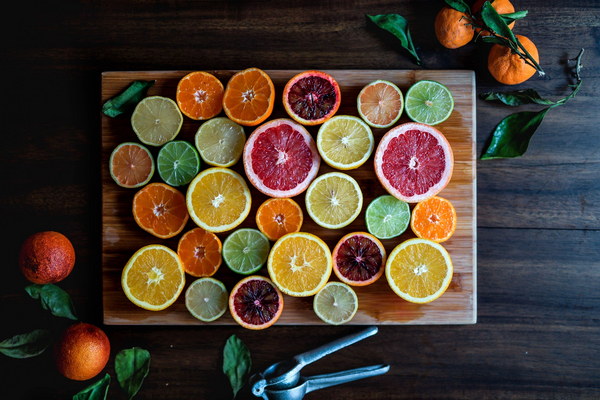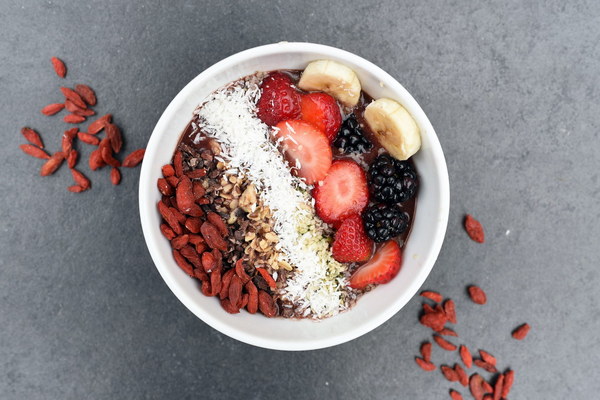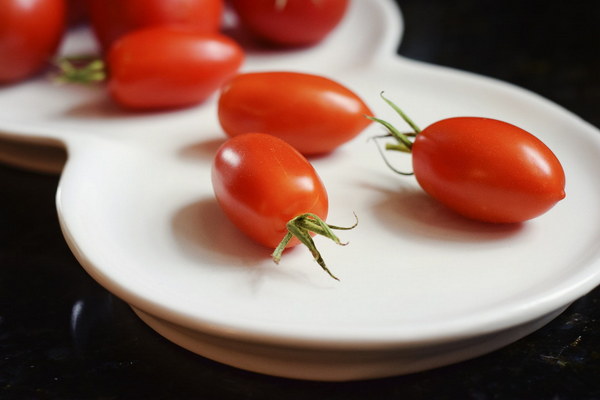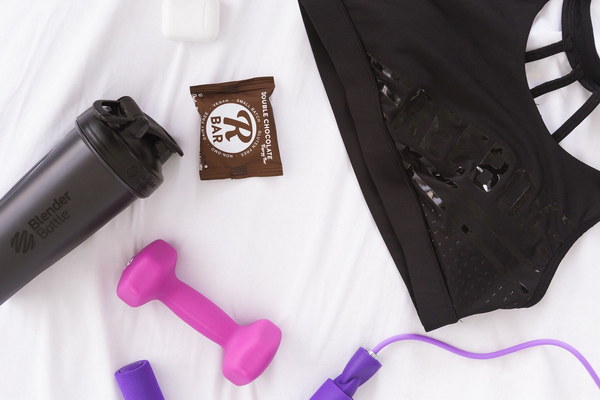Optimal Timing for Supplements During a Cat's Pregnancy
Embarking on the journey of motherhood for your feline companion is an exciting time. Ensuring that your pregnant cat receives proper nutrition is crucial for her health and the development of her kittens. The question often arises: when is the best time to start supplementing her diet during pregnancy? This article delves into the optimal timing for supplements during a cat's pregnancy, offering insights to help you provide the best care for your furry friend.
The first few weeks of pregnancy are a critical period for your cat. During this time, the fetus undergoes rapid growth and development, necessitating adequate nutrition to support this process. It is generally recommended to start supplementing your cat's diet with additional nutrients around the 4th to 5th week of pregnancy.
By the 4th to 5th week, the embryo has fully developed into a fetus, and the placenta has formed. This marks the stage when the nutritional demands of the mother begin to increase significantly. Introducing supplements at this point can help ensure that your cat receives the necessary vitamins, minerals, and amino acids to support her growing kittens.
One of the primary supplements to consider during this period is omega-3 fatty acids. These essential fatty acids are crucial for the development of the kitten's brain, eyes, and immune system. Fish oil supplements, such as salmon oil, are a rich source of omega-3 fatty acids and can be added to your cat's food. However, it is important to consult with your veterinarian before starting any new supplement to ensure it is safe and appropriate for your cat.
Another important supplement to consider is calcium. As the kittens grow, their bones and teeth will develop, requiring increased calcium intake. While it is essential to provide your cat with a balanced diet that includes calcium, some cats may benefit from additional calcium supplements. Calcium supplements should only be given under the guidance of a veterinarian, as excessive calcium can be harmful to both mother and kittens.
In addition to omega-3 fatty acids and calcium, other supplements can be beneficial during the later stages of pregnancy. These include:
- Vitamin D: This vitamin aids in the absorption of calcium and is essential for bone development. Vitamin D supplements can be obtained from fish oil or vitamin D3 supplements, but always consult with your veterinarian.
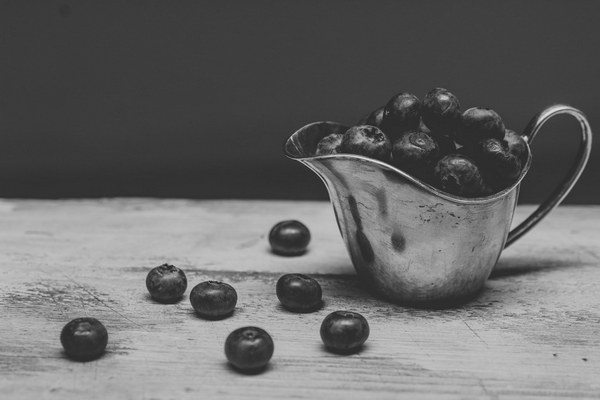
- Folic acid: This B-vitamin is crucial for the development of the kitten's neural tube. While a well-balanced diet should provide adequate folic acid, some cats may benefit from additional supplementation.
- Prebiotics and probiotics: These supplements can help maintain a healthy gut flora, ensuring that both mother and kittens receive the necessary nutrients for optimal health.
It is important to note that while supplements can be beneficial, they should not replace a well-balanced diet. Your cat's diet should consist of high-quality cat food formulated to meet her nutritional needs during pregnancy. Always consult with your veterinarian to determine the best course of action for your specific cat.
In conclusion, the optimal timing for supplementing a cat's diet during pregnancy is around the 4th to 5th week. This period coincides with the rapid growth and development of the fetus, making it crucial for your cat to receive adequate nutrition to support her kittens' development. Consult with your veterinarian to determine the best supplements for your cat, and ensure that her diet remains balanced and nutritious throughout her pregnancy. By providing the necessary nutrients at the right time, you can help ensure the health and well-being of both mother and kittens.

